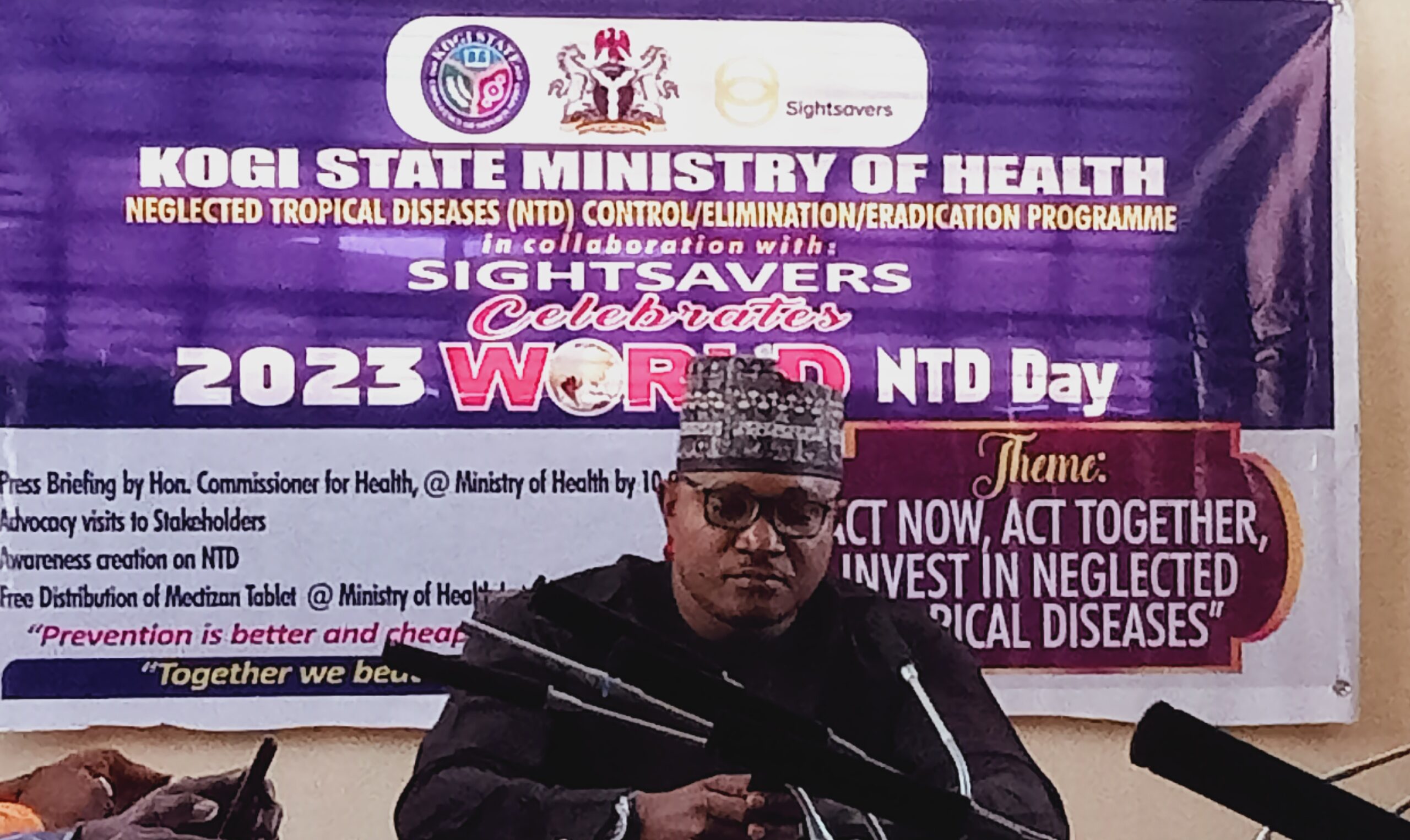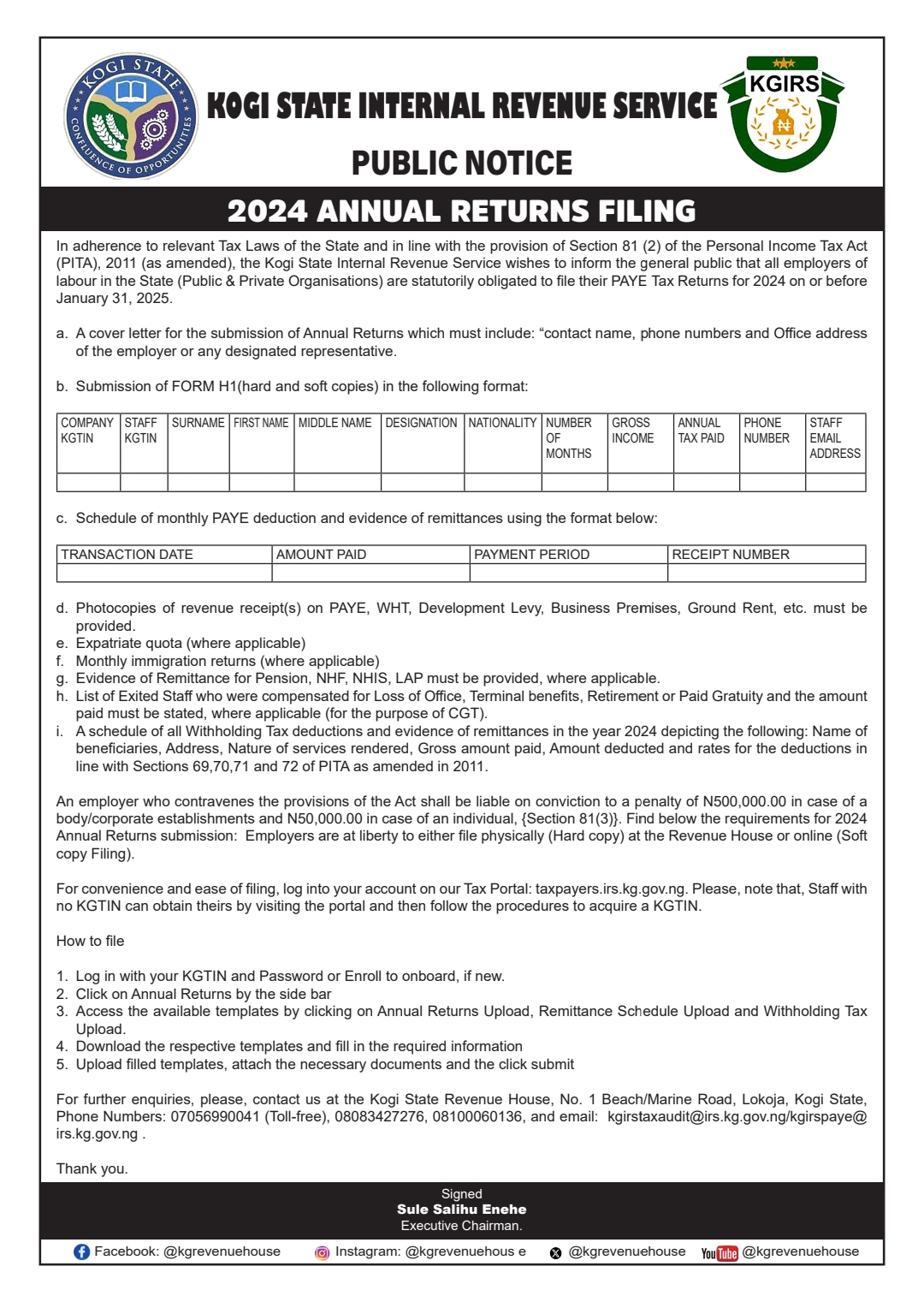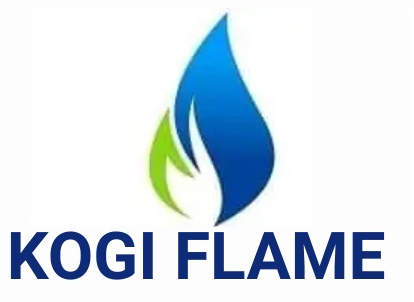


Kogiflame
Over 3,667,265 persons have been treated for Onchocerciasis in 21 local government areas while 2,107,705 persons were also treated for Lymphatic Filariasis in 11 endemic local government areas in Kogi State.
The Kogi State Commissioner for Health, Dr. Zakari Usman who disclosed this on Tuesday on the occasion of World Neglected Tropical Diseases (NTDs) Day Celebration said the treatment is between 2020 treatment cycle and now.
He stressed that NTDs are diverse group of 20 commutable diseases affecting about 1million people worldwide, nothing that they are prevalent in tropical environments, especially communities with poor sanitation, lack of portable water and deficient health care access.
According to him, Neglected Tropical Diseases cause disability, stigmatization, School and work absenteeism, low wage earning, increase health care spending, family impoverishment, low national productivity, long term suffering and death.
According to Usman, statistics from the 21 LGAs of Kogi have demonstrated that NTDs are of significant public concern to us too in the state and that onchocerciasis (River Blindness, Lymphatic filariasis, Schistosomiasis and Soil Transmitted Helminths are endemic in the state.
”With support from the Federal Ministry of Health, Donor Agencies Hundreds of Thousands of people have been treated for neglected tropical diseases using the donated Mectizan, Albendazole, Praziquantel, and Mebendazole.
”Between 2020 treatment cycle and now, 3,667,265 persons were treated for Onchocerciasis in 21 LGAs, and 2,107,705 in the 11 endemic LGAs treated for Lymphatic filariasis,” he said.
”Following the declaration of 30th January, as world NTD Day every year by over 300 Global Health Leaders at the Second biennial Reaching the Last Mile Forum (RLM) in Abu Dhabi, it has become imperative for Kogi State to join the world in marking this edition of World NTD day.
”Neglected Tropical Diseases (NTDs) are diverse group of 20 Communicable diseases affecting about 1 billion people worldwide.
”They are prevalent in tropical environments, especially communities with poor sanitation, lack of portable water and deficient health care access.
”They are called ‘neglected’ because they generally affect the world poorest and receives less attention than other diseases.
”NTD cause disability, stigmatization, School and work absenteeism, Low wage earning, increase health care spending, Family impoverishment, Low national productivity, Long-term suffering and death.
”NTDs pose a major obstacle to Universal Health Coverage (UHC) and remain serious impediment to poverty reduction, economic growth and Social development,” the commissioner said.
The commissioner stressed that the Ministry in collaboration with other partners as well as the media for continuous sensitisation especially at the grassroots.
The commissioner urged the residents to always engaged in everyday handwasing and proper hygiene as a way of preventing and controlling the NTDs in the state.
Also speaking, the State Programme Officer, NTDs Control/Elimination/Eradication of the Ministry state, Nurse Albert Alabi, said the NTDs day was meant to create more awareness to the people.
Alabi said that the state was marking the NTDs day with various line up activities which started on Monday across the 21 LGAs of the state.
According to him, the activities include: advocacy visit to stakeholders, press briefing, awareness creation on NTDs and distribution of free Mectizan tablets.
In her remarks, the Permanent Secretary of the Ministry, Hajia Falilat Abdulrasak, congratulated the Ministry for the huge success the state had recorded in the treatment, and control of NTDs in the state especially in the rural areas.




